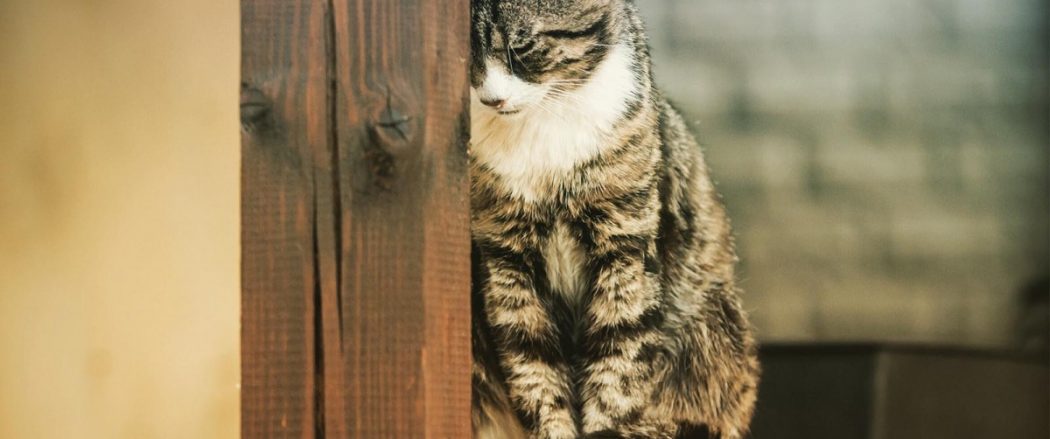We’ve all heard of passive smoking, the effects that cigarette smoke has on everyone in the area. But what about pets? All pets are sensitive to nicotine, they have smaller lungs and they nuzzle into the fabrics where the toxins fall and lick the chemicals off their fur whilst grooming.
According to the PDSA, almost 80% of tobacco smoke is invisible and has no smell, even if you open a window, or the door, smoke spreads around your home, and contains approximately 4,000 different chemicals, many of which are toxic. These chemicals settle on surfaces, on clothes and in pet fur, so all pets can suffer from passive smoking:
Dogs
Man’s best friend can experience many different illnesses from cigarette toxins. Allergies, eye problems and respiratory problems (including lung tumours) have all be associated with second-hand smoke.
The American Journal of Epidemiology* shows that there is also evidence that smoking around dogs can increase the chances of nasal cancer in dogs and the Royal College of Nursing shows that dogs can develop lung or sinus cancer from second-hand smoke.
Cats
Cats, once worshipped by ancient Egyptians, could be affected more than dogs due to toxic smoke particles settling on their fur. Cats could swallow these particles when they are grooming themselves (third-hand smoke) and this, coupled with regularly inhaling second-hand smoke could lead to an increased risk of blood cancer lymphoma and mouth cancer.
Birds
Birds are small and have a well-developed respiratory system that absorbs oxygen from the air efficiently, including any toxins inhaled with it. Much like cats, birds can ingest toxins from grooming. Birds can develop:
- Respiratory illness
- Feather plucking
- Allergies
- Sinus problems
- Skin problems
- Eye problems
- Fertility problems
- Cancers
Heart disease
Mice, guinea pigs, and other small pets
Small pets can suffer from respiratory problems such as emphysema, and vascular disease as a result of exposure to smoke. Rabbits and guinea pigs can suffer eye, skin and respiratory disease.
Fish
The toxins and the nicotine from second-hand smoke easily dissolve in water and this is very harmful and deadly to pet fish.
It isn’t enough just to smoke outside, research about children with smoking parents in the Journal of Tobacco Control shows that in households where parents went outside to smoke, infants still received 5 to 7 times more exposure to second-hand smoke than infants in non-smoking households.
If you are looking to quit and need support, take a look at the Everyone Health website to see if you are eligible for stop smoking services or call 0333 005 0095.
* American Journal of Epidemiology, 147, 488–492.
*Journal of Tobacco Control


